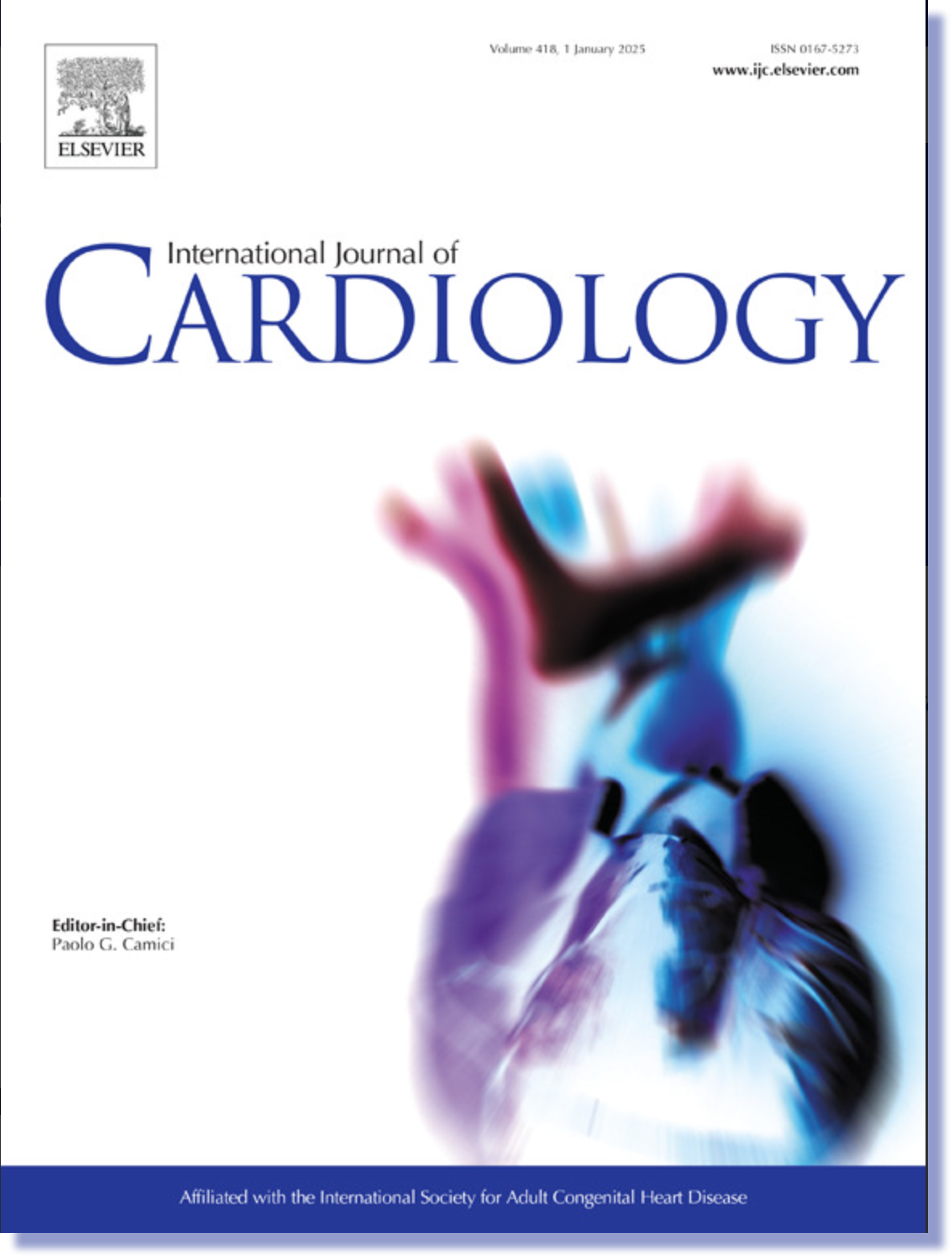FUNCTIONAL MEDICINE BLOG
Includes over 800 monographs reporting on emerging studies in the medical and scientific literature of practical clinical importance, easily searched for content.

The Triglyceride–Glucose Index is a powerful biomarker for cardiovascular disease, depression, dementia, cancer and much more
The TyG Index an important biomarker associated with insulin resistance, is a powerful predictor of risk for cardiovascular disease, depression, cancer, and much more.
Ketone supplementation and the ketogenic diet for cancer
"The emerging role of metabolism in many types of cancers provides a novel target for new therapeutics. A possibility is dietary therapies that are designed to take advantage of the unique energetic needs of tumor cells. One such option is the use of a very high-fat and low-carbohydrate diet (90%:5%, respectively) called the Ketogenic Diet (KD). This diet has been used to treat epilepsy for nearly 90 years, and recently its application as a cancer therapeutic has been explored. Although preclinical studies demonstrate its efficacy and clinical case reports support its feasibility, the KD is difficult to implement due to its stringent nature. Here, we report the development of an sHFLC, which mimics the main physiologic effects of the KD, namely reduced glucose and increased ketones. In addition, the sHFLC diet is able to reduce glioblastoma (GB) tumor cell proliferation and extend lifespan in GB animal models."
ONCOblot cancer test, sensitive and specific, explained in brief video
ONCOblot cancer test, sensitive and specific, explained in brief video.
Nuts reduce inflammation and all-cause mortality
In the absence of allergy, the evidence supports the consumption of nuts as wholesome foods with anti-inflammatory and metabolic benefits, exactly what paleo diets intend to accomplish.
Prediabetes increases cancer risk
Prediabetes, elevated levels of blood sugar that are still 'within' the normal range, increases cancer risk among its mob of other afflictions as further validated by a meta-analysis just published in Diabetologia.
Nigella sativa, a true 'wonder medicine'?
Nigella sativa, also known as black cumin, produces seeds with a mind-boggling wealth of medicinal virtues. For colleagues and others who may not be familiar with the abundance of scientific evidence for the use of Nigella sativa seed extract in clinical practice, this selection of citations serves as an introduction to its wide range of indications.
Antioxidants in excess can increase inflammation and blunt benefits of exercise
Antioxidants, even glutathione, taken in excess can increase rather than ameliorate harmful inflammation...The use of antioxidants must be calibrated with careful consideration of the balance between protective and suppressive effects according to the needs of the individual patient.
Vagal nerve activity moderates brain-immune relationships and is measured by heart rate variability
An exciting study with tremendous practical significance was just published in the Journal of Neuroimmunology that shows how vagal nerve activity, which can be measured in the clinic by heart rate variability analysis (HRV), is a key moderator of the brain-immune web and determines the immune and physiological responses to acute stress.
Test helps select most effective chemotherapy for leukemia and other cancers
Acute myelocytic leukemia responds significantly better to chemotherapy selected by a test that shows the ability of each chemotherapeutic agent to induce apoptosis (cell death) according to research just published in the journal Leukemia & Lymphoma. This joins the list of other malignancies including breast cancer, ovarian cancer and endometrial cancer that are treated more effectively with chemotherapy screened by the microculture kinetic (MiCK) drug-induced apoptosis assay.
Dietary macronutrient composition for weight loss and weight maintenance
Dietary macronutrient composition for weight loss and weight maintenance
The advantages of intermittent versus continuous calorie restriction for long term weight loss
The advantages of intermittent versus continuous calorie restriction for long term weight loss
What risk is there with airport full-body screening?
What risk is there with airport full-body screening?
Pro-aging signaling, cancer and diabetes are reduced with LESS growth hormone effect
Pro-aging signaling, cancer and diabetes are reduced with LESS growth hormone effect
Low cholesterol associated with higher mortality
Low cholesterol associated with higher mortality
Bioelectrical phase angle predicts quality of life and mortality with cancer
Bioelectrical phase angle predicts quality of life and mortality with cancer
